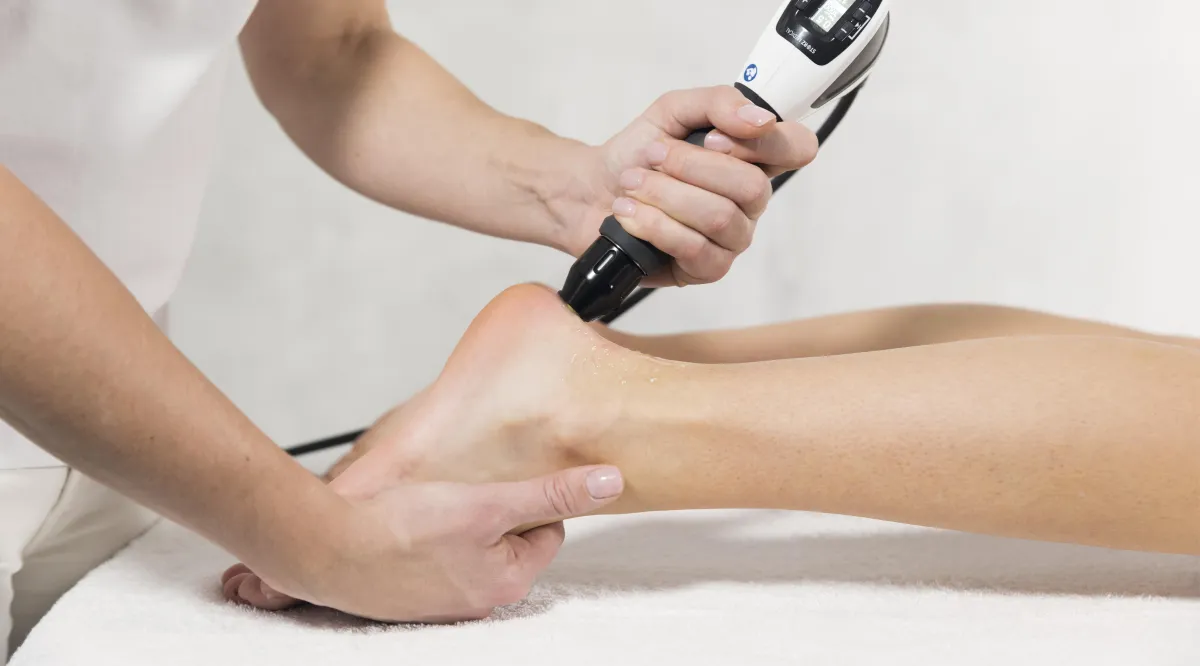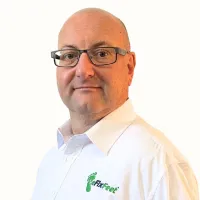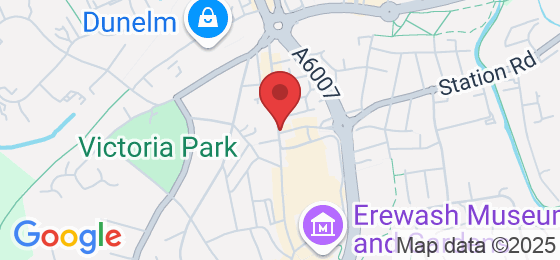
How to Treat Achilles Tendinopathy Without Taking Weeks Off
Understanding Achilles Tendinopathy
Achilles Tendinopathy is a common overuse injury affecting the Achilles tendon, which connects your calf muscles to your heel bone. You're not alone if you've ever felt that sharp, nagging pain at the back of your heel after a run or during a football match. It’s particularly prevalent among active individuals like Ben —a marketing executive who juggles work, fitness, and social life without missing a beat. However, Achilles Tendinopathy doesn’t discriminate; it can affect anyone leading an active lifestyle.
Why It Happens
Achilles Tendinopathy usually develops due to repetitive strain and overuse, particularly from activities like running and jumping, and sudden changes in intensity during sports. Other factors include poor footwear, tight calf muscles, biomechanical issues, and insufficient warm-up routines.
Recognising the Symptoms
Pain and stiffness along the Achilles tendon, especially in the morning
Swelling that worsens with activity
Thickening of the tendon
Reduced strength and flexibility in the affected leg
Ignoring these symptoms can lead to chronic issues, affecting your performance and day-to-day activities.
Can You Treat Achilles Tendinopathy Without Taking Weeks Off?
The short answer is yes. While rest is essential, it doesn’t mean you must abandon your routine entirely. The key lies in active recovery, which involves strategies to promote healing while maintaining physical activity.
Evidence-Based Treatments That Work
1. Biomechanical Assessment
A biomechanical assessment helps identify the root cause of your Achilles pain. This comprehensive evaluation looks at your gait, posture, and foot mechanics to pinpoint issues that may contribute to tendon overload. For instance, Ben noticed his pain intensified after increasing his running mileage. A biomechanical assessment revealed that his gait mechanics placed excessive strain on his Achilles tendon, which was corrected with targeted interventions.
2. Radial Shockwave Therapy
Radial shockwave therapy uses high-energy sound waves to stimulate healing in the affected tendon. It promotes blood flow, reduces pain, and breaks down scar tissue without invasive procedures. Studies in the UK have shown that up to 70% of patients report significant pain reduction after a few sessions.
3. Focussed Shockwave Therapy
While radial shockwave covers a broader area, focussed shockwave therapy precisely targets deeper tissues. It’s particularly effective for chronic Achilles tendinopathy that hasn’t responded to other treatments. This non-surgical option helps stimulate tissue regeneration, allowing patients like Ben to resume activities quicker than traditional rest-based recovery.
4. Sports Massage
Sports massage isn’t just about relaxation; it’s a therapeutic intervention that improves circulation, reduces muscle tension, and enhances flexibility around the Achilles tendon. Incorporating regular sports massage into your recovery plan can accelerate healing and prevent future injuries.
5. Custom 3D Printed Orthoses
Foot mechanics play a significant role in Achilles tendinopathy. Custom 3D-printed orthoses are designed to provide optimal support, improve alignment, and redistribute pressure away from the Achilles tendon. Unlike generic insoles, these are tailored to your unique foot structure, offering targeted relief.
The Role of Rehabilitation Plans
At We Fix Feet, we understand that no two cases are the same. That’s why our 1-month and 3-month rehabilitation plans are customised based on the severity of the condition and individual goals. These plans integrate a combination of the abovementioned treatments, with regular follow-ups to track progress.
Ben, for example, opted for a tailored 3-month plan. Within weeks, he experienced a significant reduction in pain, improved mobility, and was back to his regular running schedule without compromising his work commitments.
Prevention: Staying Injury-Free
Preventing Achilles tendinopathy is all about innovative training and self-awareness. Here are some tips:
Warm-Up Properly: Dynamic stretches to prepare the tendon for activity
Strength Training: Focus on calf raises and eccentric exercises
Gradual Progression: Avoid sudden increases in training intensity
Proper Footwear: Invest in supportive shoes and replace them regularly
Listen to Your Body: Don’t ignore persistent aches and pains
Success Story: Ben’s Journey to Recovery
Ben's story is a familiar one. A busy professional and avid runner, he started experiencing Achilles pain after pushing his limits in preparation for a half-marathon. Frustrated by ineffective self-treatments, he sought professional help. Through a combination of biomechanical assessment, shockwave therapy, sports massage, and custom orthoses, Ben not only recovered but also improved his running efficiency.
Today, he’s back on track—literally—completing his runs without the nagging heel pain that once held him back.
Why Professional MSK Podiatry Matters
Achilles Tendinopathy isn’t just a runner’s issue; it’s a condition that can affect anyone. Seeking professional MSK podiatry care ensures:
Accurate Diagnosis: Identifying the root cause, not just treating symptoms
Evidence-Based Treatments: Proven therapies tailored to your needs
Holistic Approach: Combining physical therapy, orthotics, and patient education
Ready to Take the First Step?
Don’t let Achilles' pain control your life. If you’re experiencing persistent discomfort, it’s time to seek professional advice. Early intervention can make all the difference, helping you recover faster without putting your life on hold.
Contact We Fix Feet today to book your assessment and start your journey towards pain-free living.
Ask The We Fix Feet Team
Fill in the form to request a Call From Our Team
One of our team will call you for FREE and answer any questions or concerns you may have about your uncomfortable foot condition

Where To Find We Fix Feet
Our We Fix Feet podiatry clinics are conveniently located in Ilkeston, Derbyshire and Beeston, Nottinghamshire
Open: Mon-Fri 09:00-17:00 / Sat 09:00-13:00
94 Bath Street, Ilkeston, Derbyshire DE7 8FE
8 Wollaton Road, Beeston, Nottinghamshire NG9 2NR
Pay and display parking nearby




